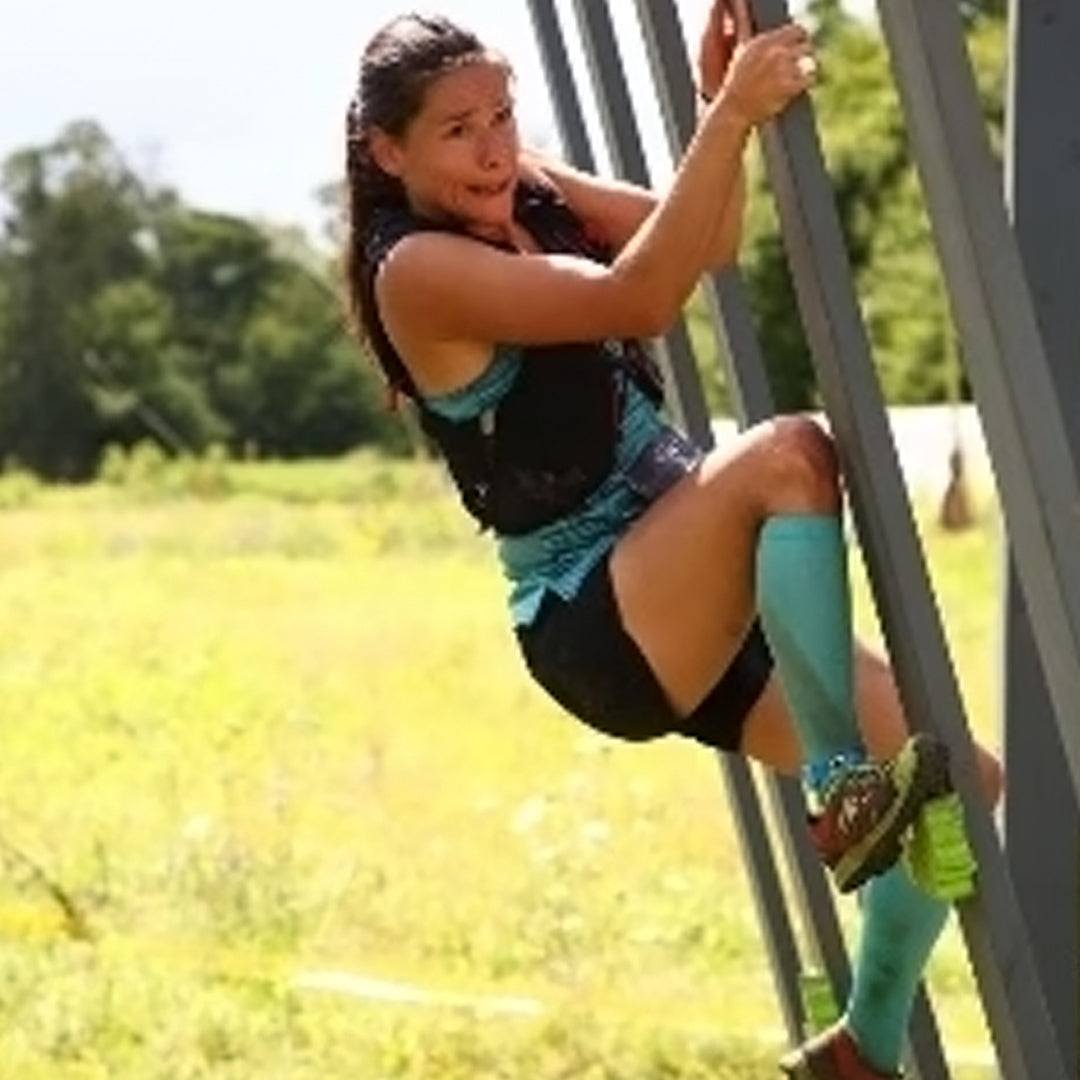These shoes are incredible! I love that I can wear them for a run, use them during workouts, or simply rock them as my everyday shoes. The wider toe box is so comfy, and my toes feel free and happy. The cushioning and lightweight design are just perfect! And Absolutely love the color!
Wow, these are amazing! I love that I can wear them on a run, workout in them or just wear them as my daily shoes. The wider toe box is super comfy and my toes feel happy and free. The cushion and lightweight design is perfect! Don’t hesitate, just buy them!!
Though the first pair was impossibly small and short, when I sized up, the fit is perfect and very comfortable. I love the wide toe box and the fact that they are genuinely waterproof. I have tried zero drop wide toe shoes but they seem to hurt my knees. These are stable and sure footed.
the shoes are comfortable, but if you are familiar with the amazing traction of its predecessor the Maxx these aren't quite as good.


 choices. Also, changing your diet the week of a race is likely not a good idea in
choices. Also, changing your diet the week of a race is likely not a good idea in